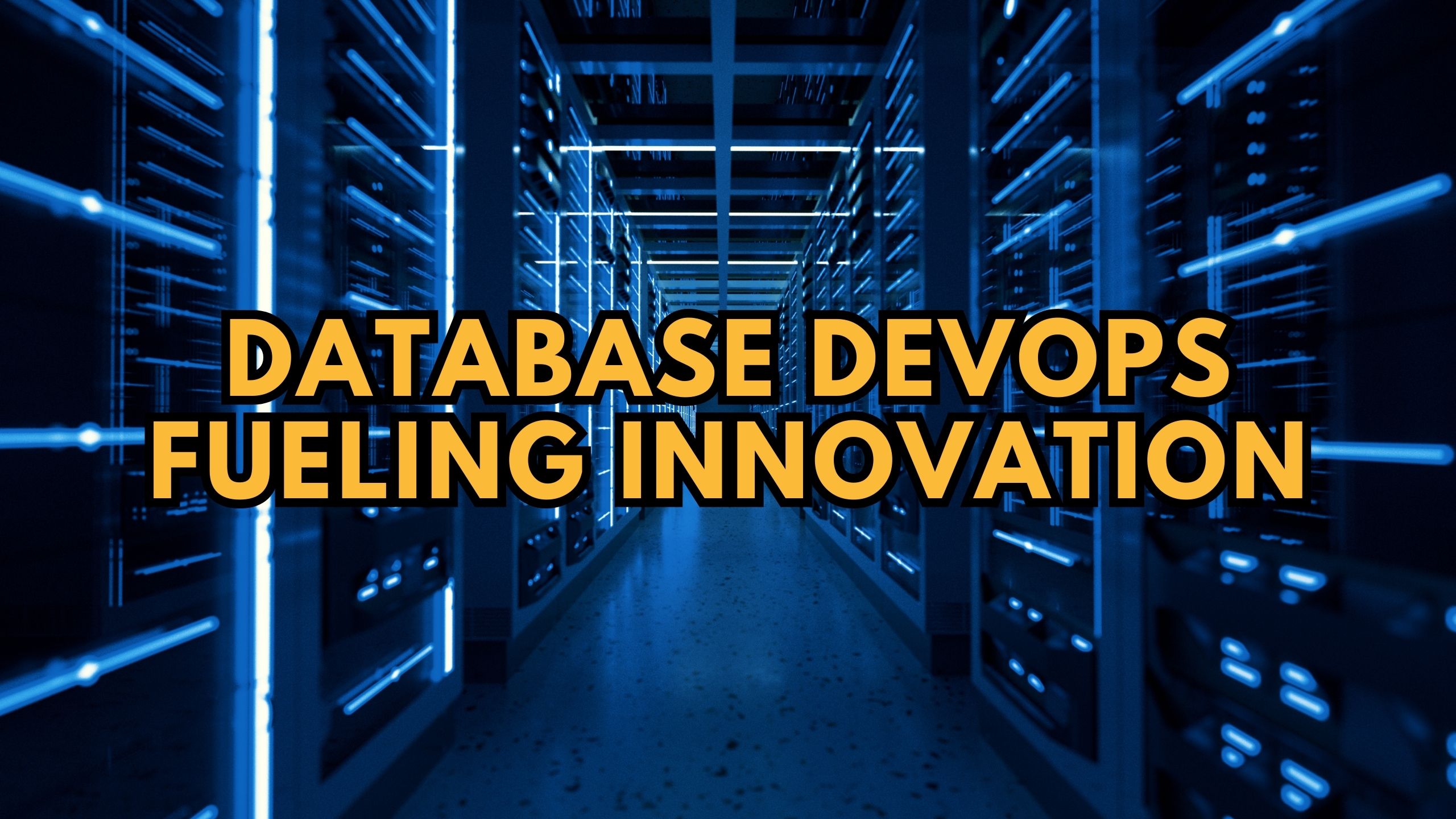Database DevOps: Fueling Innovation
-


Database DevOps: Fueling Innovation
In the rapidly evolving landscape of software development, Database DevOps emerges as a crucial catalyst for innovation. This blog will delve into the intricacies of Database DevOps, exploring its definition, significance, and how it propels innovation within the realm of technology.
Defining Database DevOps
Database DevOps is a methodology that combines database management with software development processes to enhance collaboration, streamline workflows, and accelerate the delivery of database changes. Unlike traditional approaches, Database DevOps integrates database development into the overall DevOps pipeline, fostering a more agile and efficient development lifecycle.
Key Components of Database DevOps
1. Continuous Integration (CI)
Redgate SQL Change Automation facilitates seamless continuous integration of database changes. By automating the deployment pipeline, it ensures that database updates are tested, validated, and integrated into the development cycle rapidly. This expedites the overall software delivery process.
2. Automated Testing
Apptest.ai plays a pivotal role in automating the testing phase of Database DevOps. Ensuring that database changes do not adversely impact application functionality is critical. Apptest.ai’s AI-driven testing capabilities enhance the reliability of database changes, contributing to a more robust development process.
3. Database Monitoring
SolarWinds Database Performance Analyzer empowers teams with comprehensive insights into database performance. Effective monitoring is essential for identifying and addressing potential issues promptly. This tool enhances the stability of database environments, promoting a proactive approach to performance optimization.
4. Collaborative Development with dbForge Studio for MySQL
dbForge Studio for MySQL facilitates collaborative database development. With features like schema and data comparison, developers can work together seamlessly, ensuring consistency across database instances. This collaborative aspect is fundamental to the success of Database DevOps initiatives.
5. Change Management via Liquibase
Liquibase serves as a powerful tool for database change management. It enables version control for database schemas, making it easier to manage and track changes. The ability to track modifications systematically is essential for maintaining database integrity and versioning.
Fueling Innovation through Database DevOps
Embracing Database DevOps practices fuels innovation by reducing development cycle times, minimizing errors, and enhancing collaboration among development and operations teams. The ability to swiftly adapt to changing requirements and deliver reliable database changes empowers organizations to stay ahead in the competitive landscape.
Conclusion: Revolutionizing Development Paradigms
In conclusion, Database DevOps represents a paradigm shift in the world of software development. By integrating database management seamlessly into the DevOps workflow, it not only expedites processes but also lays the foundation for a more resilient and innovative development ecosystem.
Unlock the Power of Database DevOps with Subscribed.fyi
Empower your team with Subscribed.fyi, the ultimate platform for managing your SaaS stack. Sign up today to unlock exclusive deals, streamline subscription management, and gain insights that propel your Database DevOps strategy to new heights.
Relevant Links:
- Redgate SQL Change Automation
- Apptest.ai
- SolarWinds Database Performance Analyzer
- dbForge Studio for MySQL
- Liquibase
- Subscribed.fyi








